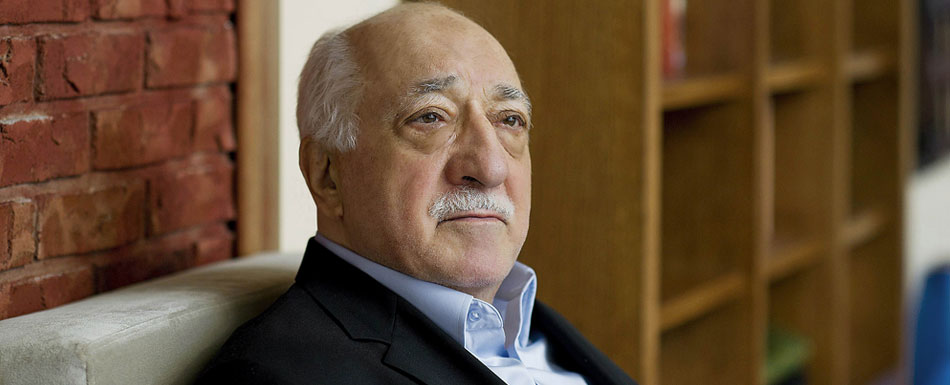Why do some Turkish critics of the Gülen Movement describe it as a sect?

Turkey is a secular state in which freedom of conscience and association are conceived in such a way that religious communities and religious orders (because not regulated by the state) at the time of writing do not officially exist. At the beginning of the Turkish Republic a number of new restrictions were placed on religious orders or tariqas, faith communities (including Muslim, Christian and Jewish), and on the practice of religion by ordinary members of the public. Nevertheless, faith communities and religious orders not only survived but they have revived and gained prominence in Turkey. Modern institutionalization and organization in Turkey in fact remains backward, while religious brotherhood and solidarity, basic forms of social organization, continue. Indeed, those basic forms of organization, bottom–up, civic, faith-inspired initiatives, constitute the necessary social capital and resource for modernization in the country. Their success is nevertheless viewed by the protectionist elite with suspicion and described as a potential or actual threat to the foundations of the state.
The Turkish Constitution’s commitment to laicism means that people can be (and many people have been) prosecuted for affiliation to and support of religious orders or sects. As there is no ethical charter accepted by all actors in the Turkish political domain, the ensuing moral emptiness means that much of the political domain has become “the space of dirty tricks and duplicity [and]…the source of corruption.”[1] Politics in Turkey is, regrettably often, based on what are euphemistically called “protective relationships”, for the sake of which the concepts of both religion and secular democracy are misused. Thus, in Turkey the terms “sect” and “cult” are used indiscriminately by laicist critics to disparage faith-groups or communities.
In this socio-political context, the accusation that Hizmet, while non-political, is a sect, backward, and thus subversive is one of the devices used to delegitimize it and the services its participants provide. Yet, while accusations of this kind have been plentiful, evidence (under Turkish law) of unlawful association, action or conspiracy by the Movement is non-existent. Ideologically motivated prosecutors and the protectionist groups behind them have laid charges against Gülen and Movement participants, but they have never achieved a conviction against a single person from the Movement.
In repeated investigations, the authorities have concluded that there is no sign in Gülen’s works of supporting the interests of a religious sect, seeking the establishment of a religious community, or using religion for political or personal purposes, or of any violation of basic government principles and order. Fethullah Gülen’s works consist of explanations of the Qur’an and Hadith, religious and moral advice, and writings that encourage the virtues of good, orderly citizens.
[1] M. H. Yavuz, & Esposito, J. L. eds. Turkish Islam and the Secular State: The Gülen Movement Syracuse, Syracuse University Press, 2003), xxii.
- Created on .
